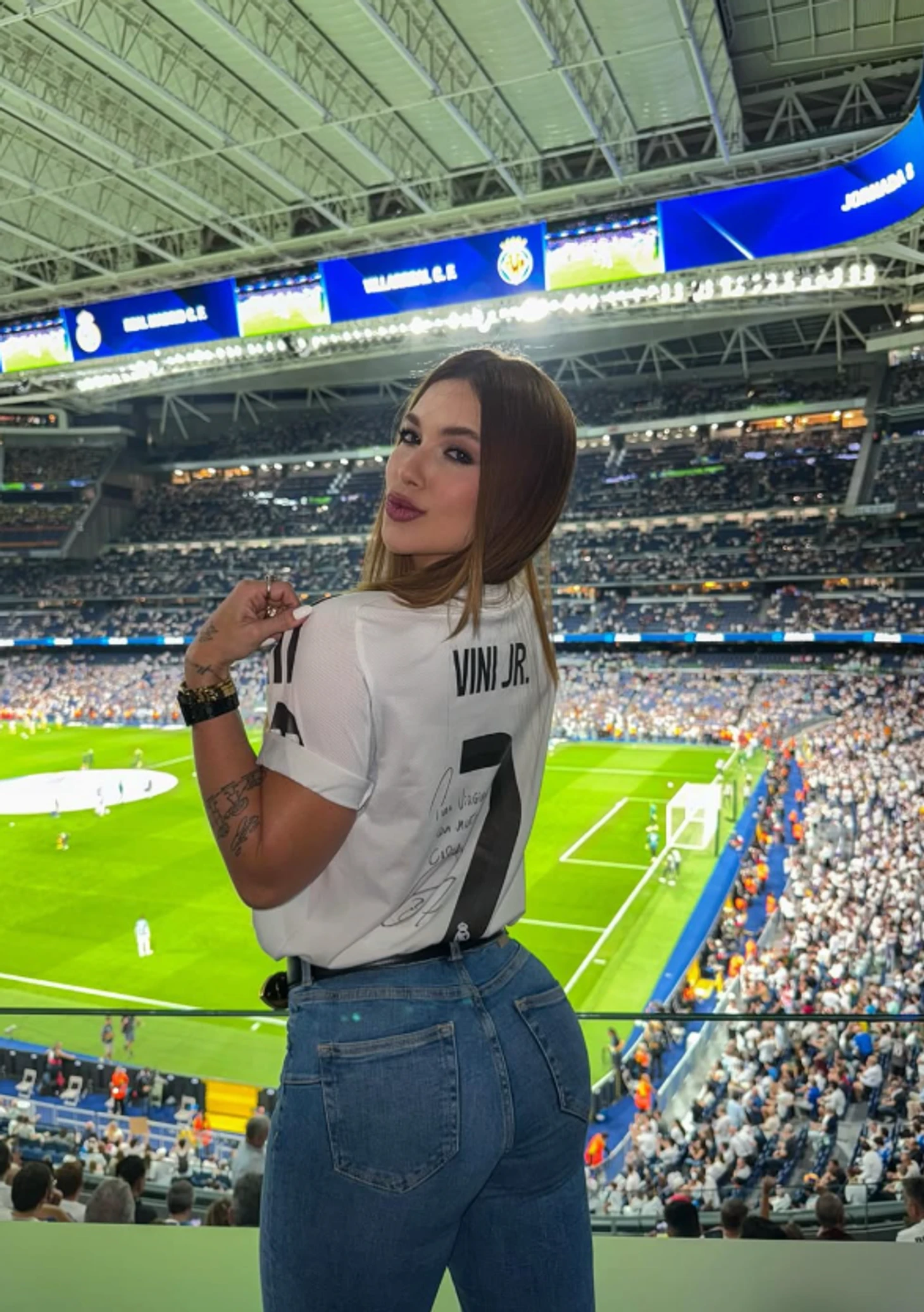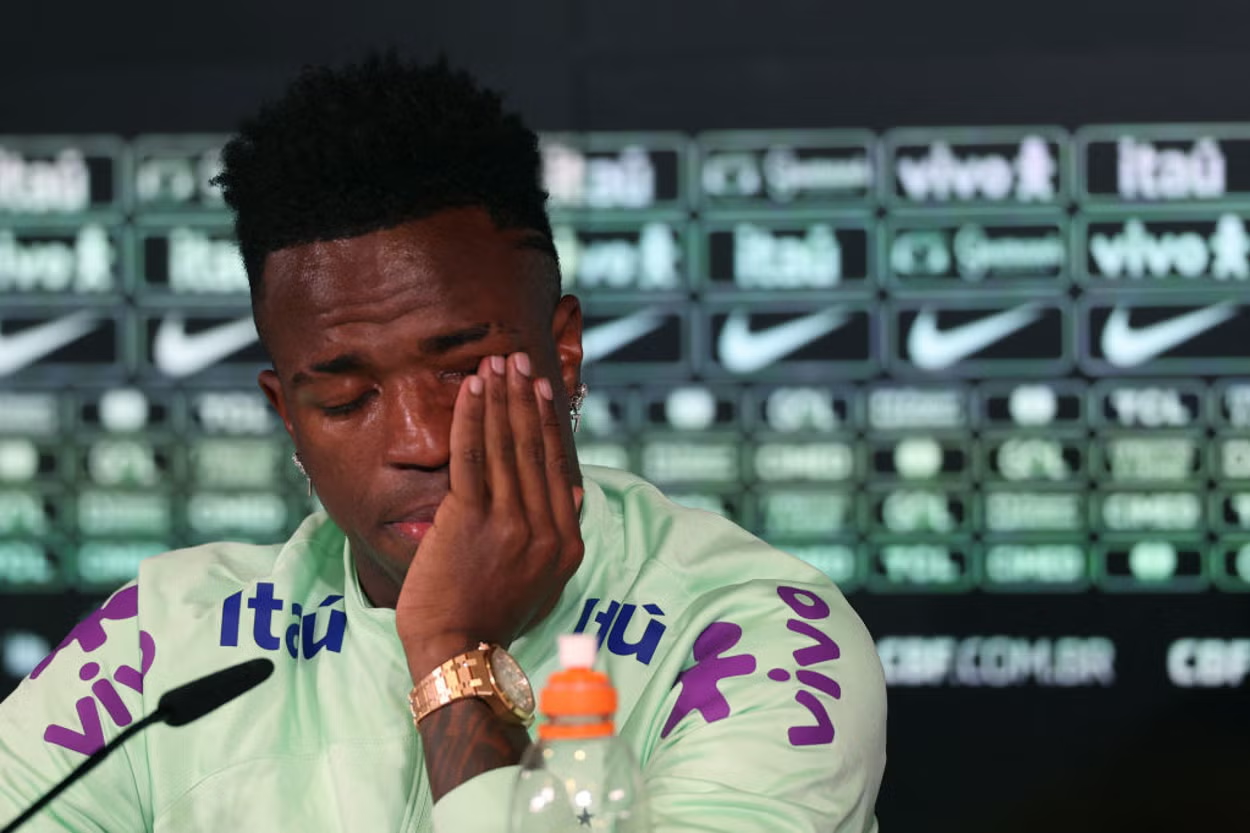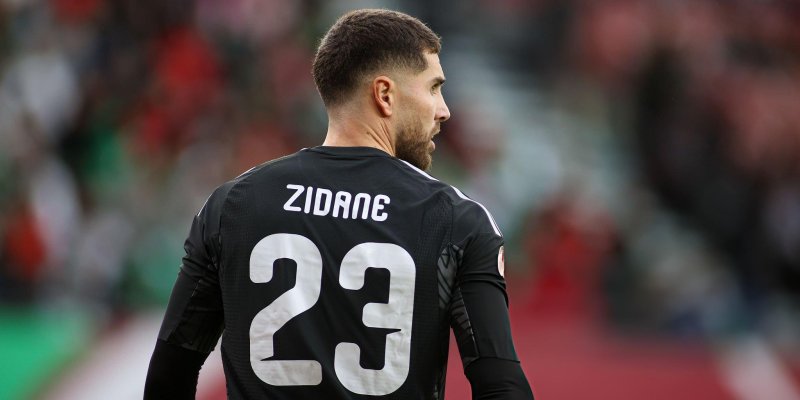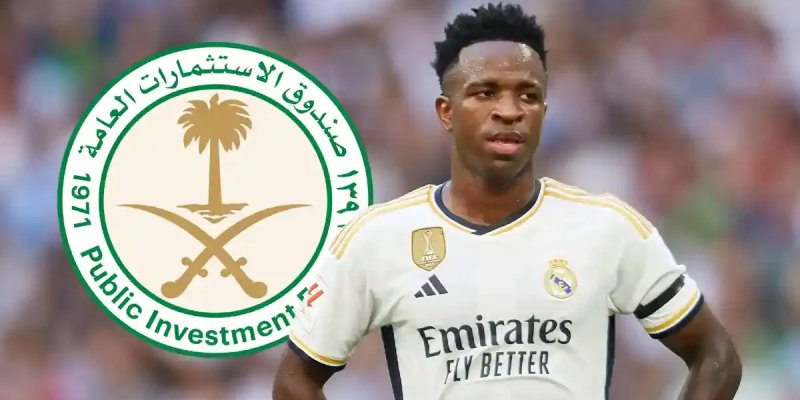
The story in which the name of Real Madrid’s winger appears not in the tally of goals and assists but in the society pages unfolded rapidly. A brief romance with influencer Virginia Fonseca, evenings together in Madrid, and visits to the Santiago Bernabéu turned into an abrupt "stop" after the player’s messages with another girl leaked online. In response, the footballer made an open admission and apologized—as if he pressed an internal "reset" button.
A Relationship Without Status and a Full Stop at the End of a Message

According to Brazilian media, in recent weeks Vinicius spent time with Virginia Fonseca: the pair met in Spain’s capital, and the young woman appeared at Real Madrid matches. Yet neither called the connection a full-fledged relationship—rather, they were "getting to know each other." The denouement came after the player’s chat with model Dey Magalhães hit the internet. It was after these messages were published that Fonseca drew a short, hard line: nothing serious had started—so there wasn’t much to finish.
A Post Without Dribbling: Owning the Mistake and Asking for Forgiveness
The center of the commotion responded publicly. Vinicius posted a message on social media in which, without trying to sidestep the issue, he acknowledged that he hadn’t behaved the way he wanted to, nor in line with what a mature relationship requires. He called Virginia "an incredible woman and a caring mother," emphasized his respect for her, and reminded everyone that she had flown to Madrid several times, carving out time from a busy schedule. "I disappointed her"—the key phrase of the apology. He closed with a promise to "start over—without lies, with respect and honesty," the very set of principles on which adult relationships are built.
Model Anna Silva's Account: The Invitation, 'Company,' and a Changing Tone

At the same time, another storyline entered the information flow—from model Anna Silva’s side. She claims that she exchanged intimate messages with Vinicius and discussed a possible trip to Spain at his invitation. According to her, the footballer wanted her to come not alone but with a friend, and asked to see that girl’s social profile in advance. When Anna made it clear she would come alone, the interest allegedly waned: the player had a busy schedule, there would be lots of people around, and she would end up "on her own." The suggestion to bring a male friend instead, she says, was rejected by the winger.
"An Intellectual Bond Matters More to Me": Why the Communication Fizzled Out
Anna Silva describes herself as a sapiosexual—someone for whom intellectual closeness outweighs physical attraction. The "lack of a spark in conversation," in her telling, became the threshold: "If he was worried about company, I found a solution. But it clearly wasn’t about that." According to her, repeated requests for private material—even after she had told him about a car accident—added to the irritation. In an emotional message she accused the footballer of egocentrism and ended the exchange with well-wishes—with no follow-up.
What It Means for the Player's Image and Why an Apology Isn't an Empty Gesture

Any off-field story inevitably influences public perception of a top-level athlete—especially when we’re talking about a key player for a club of Real Madrid’s caliber. In such episodes, speed and clarity of response are crucial. A public apology that acknowledges personal responsibility helps lower the temperature and steer the conversation back onto a constructive track. It doesn’t erase what happened, but it does set the right vector: personal boundaries, respect for the partner, and honesty as baseline standards.
For Vinicius, this episode is a maturity test not only in one-on-ones down the flank but also in managing his own image. The footballer has stated a desire to "start over"—which means the next step is his: match words with deeds, tidy up personal communications, and prevent private life from distracting from on-pitch objectives. As for supporters, their usual role remains: to judge the player first and foremost by his football. But in the twenty-first century, where you can’t flag an information offside, the ability to handle tabloid moments cleanly is almost as valuable as a well-timed run in behind a defender.








